Welcome to MY blog. Follow along to bring balance by organizing your life.
I implement the 2P approach to bring balance by organizing your life -- your life's priorities & and your belongings' purposes.
Being organized isn't merely having a tidy home, but a balanced life. K.Vessels
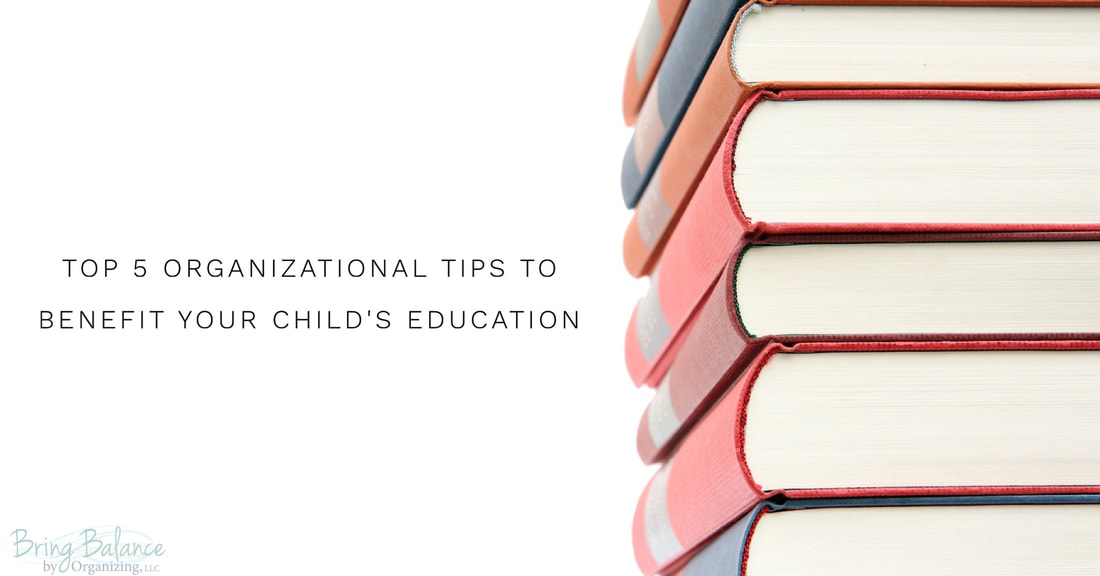
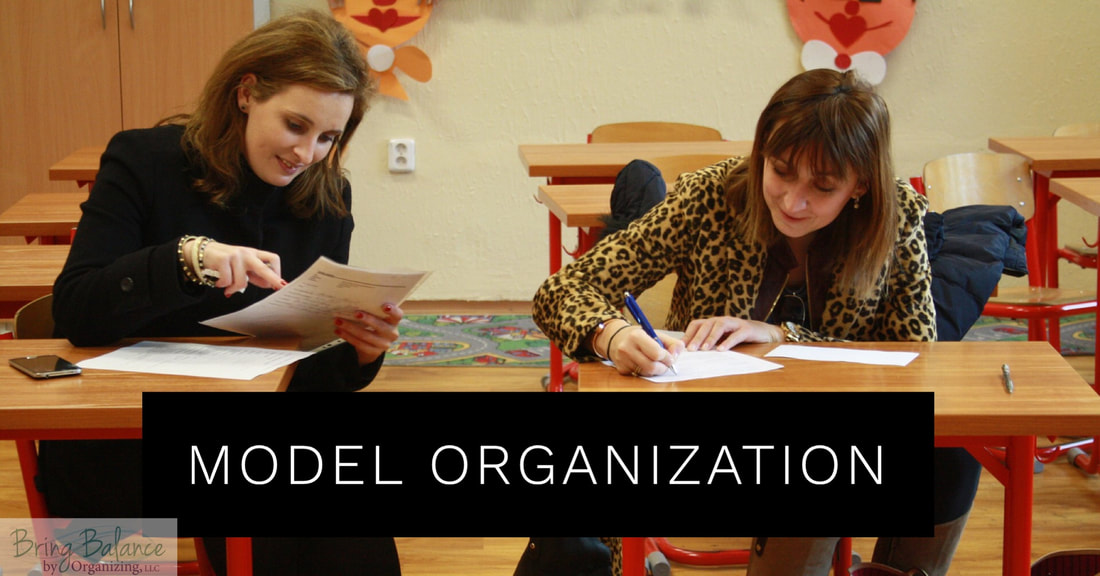
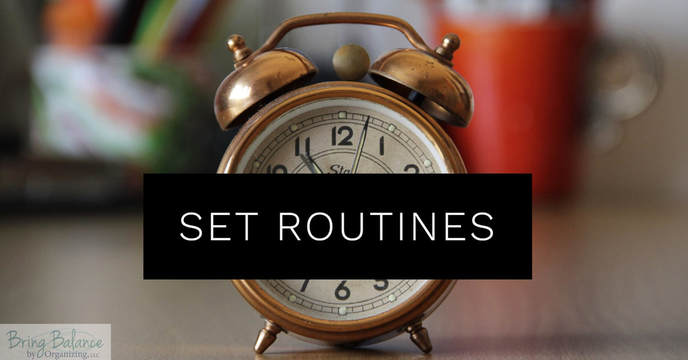
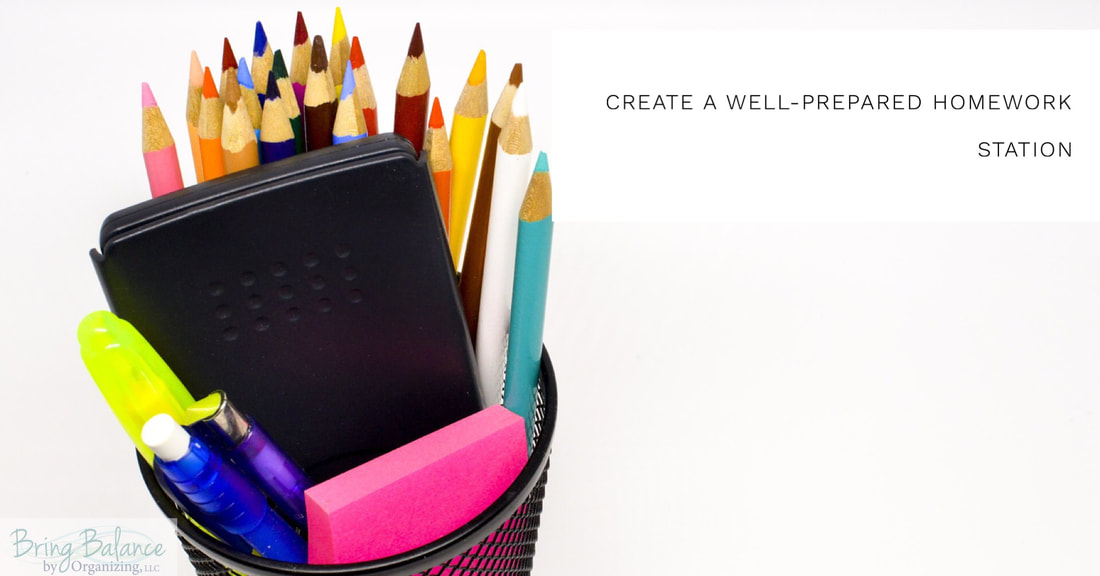

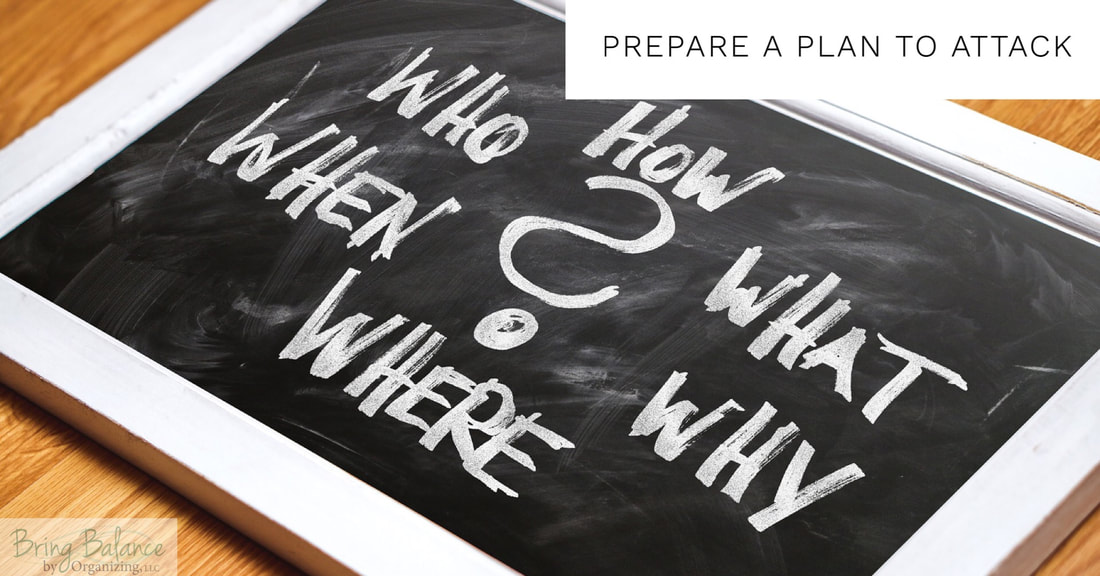
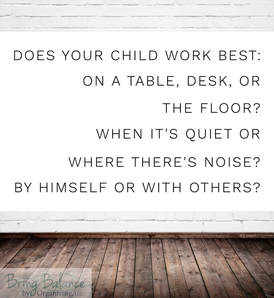
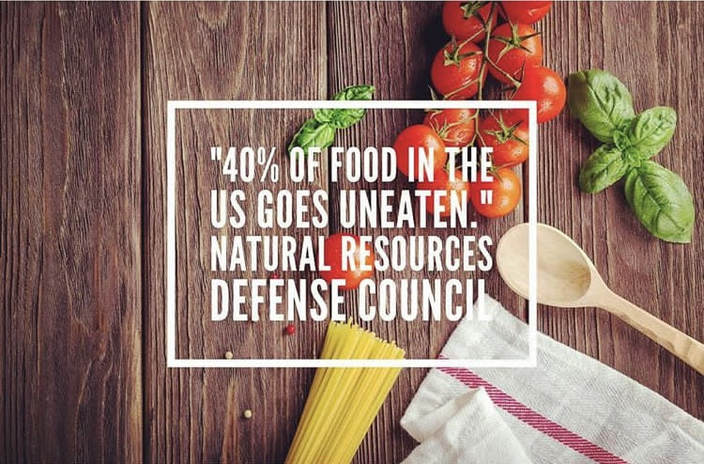
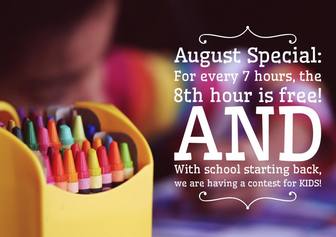

 RSS Feed
RSS Feed
